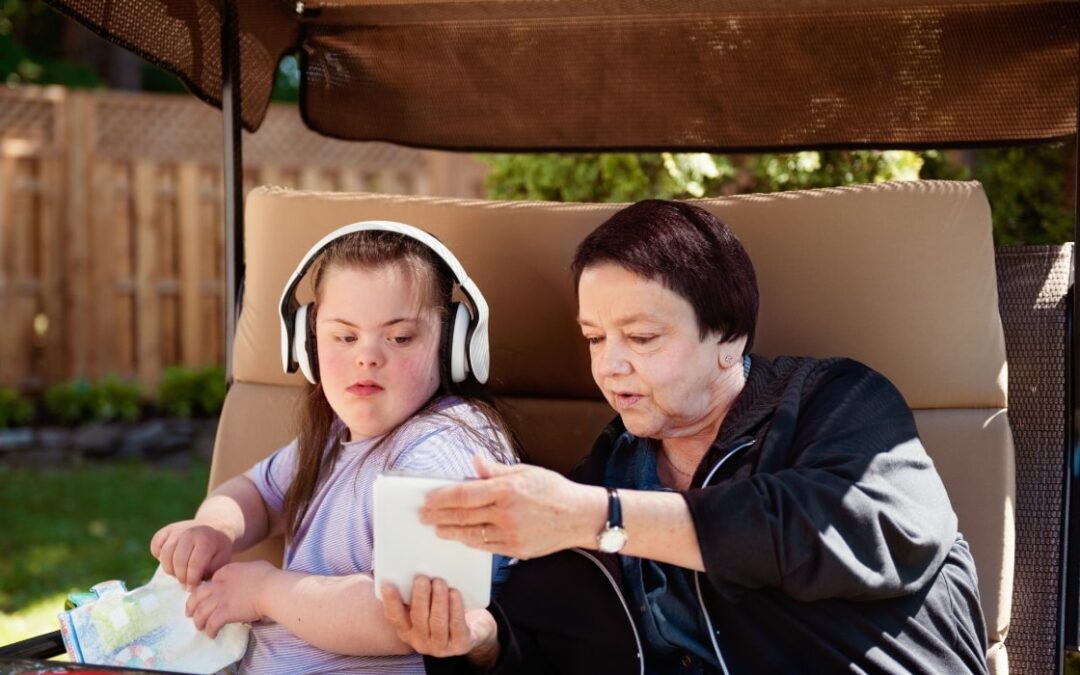Every child deserves an environment where they can thrive, especially those living with Autism Spectrum Disorder (ASD) or Sensory Processing Issues. These conditions can present unique challenges, from navigating daily routines to managing overwhelming sensory experiences. For families, creating a safe, structured, and nurturing home environment is essential, but it can also feel like a constant balancing act.
That’s where in-home care can make a meaningful difference. At Reliant Home Care Services, we provide caregivers who understand the specialized needs of children with ASD and sensory sensitivities, offering compassionate support that empowers both the child and the family.
The Importance of Routine
Children with autism or sensory processing issues often find comfort and stability in routine. Predictability helps reduce stress and anxiety, while also creating a sense of security. However, sticking to structured routines can be challenging for parents who are juggling work, other children, and daily responsibilities.
In-home caregivers can help establish and maintain consistent schedules for meals, play, therapy, and rest. By reinforcing these routines, caregivers provide a sense of order that allows children to focus more on learning, growth, and meaningful engagement.
Supporting Communication Needs
Communication is another area where children with ASD may need extra support. Some children are non-verbal, while others may have unique ways of expressing themselves. Effective communication requires patience, flexibility, and the use of tools and strategies tailored to the child’s needs.
Caregivers trained in working with children on the spectrum often use methods such as:
- Visual schedules to guide daily tasks
- Picture Exchange Communication Systems (PECS) to support non-verbal expression
- Calm, clear language with plenty of time for the child to respond
These approaches not only make daily interactions smoother but also help children build confidence in their ability to communicate effectively.
Sensory Integration Support
For children with sensory processing issues, ordinary environments can sometimes feel overwhelming. Bright lights, loud noises, or certain textures may trigger discomfort or distress. In-home caregivers can play a critical role in supporting sensory regulation by:
- Helping identify triggers and minimize exposure
- Creating sensory-friendly spaces within the home
- Incorporating sensory activities, such as weighted blankets, fidget tools, or calming music, that promote relaxation
By addressing sensory needs directly, caregivers foster an environment where children feel safe, calm, and capable of exploring their world.
The Role of In-Home Care in Family Well-Being
It’s important to remember that in-home care doesn’t just benefit the child; it supports the entire family. Caring for a child with autism or sensory challenges can sometimes feel isolating or overwhelming. Having a trusted caregiver means you have an extra set of hands and a partner who understands your child’s needs. This allows parents to take a much-needed break, focus on other responsibilities, or simply enjoy moments of rest, knowing their child is in compassionate, capable care.
Building a Brighter Future at Home
Every child has unique strengths, and with the right support, those strengths can shine. In-home care helps create an environment that nurtures independence, fosters growth, and builds confidence for children with autism or sensory processing issues. For families, it provides peace of mind knowing that their child is supported in ways that respect their individuality and needs.
At Reliant Home Care Services, our caregivers are committed to working alongside you to create a home environment where your child can flourish. We bring patience, specialized knowledge, and genuine care to every family we serve. If you’re ready to explore how in-home care can make a difference in your child’s life, we invite you to connect with us. Call us today at 951-326-8090 or visit relianthomecareservices.com to learn more about the compassionate care we provide.




